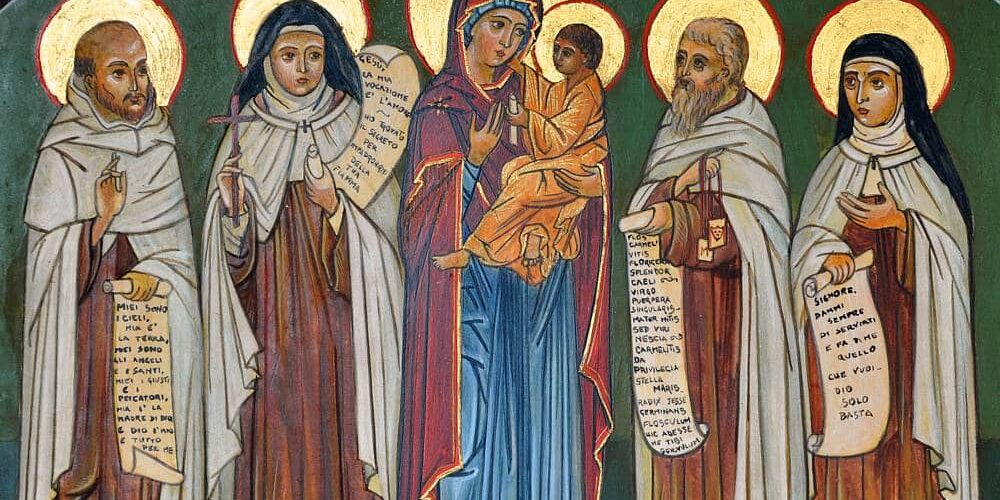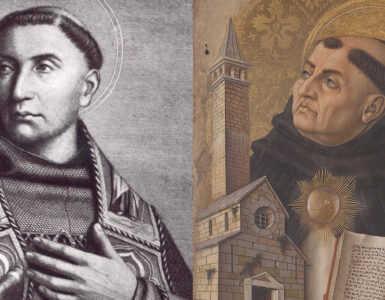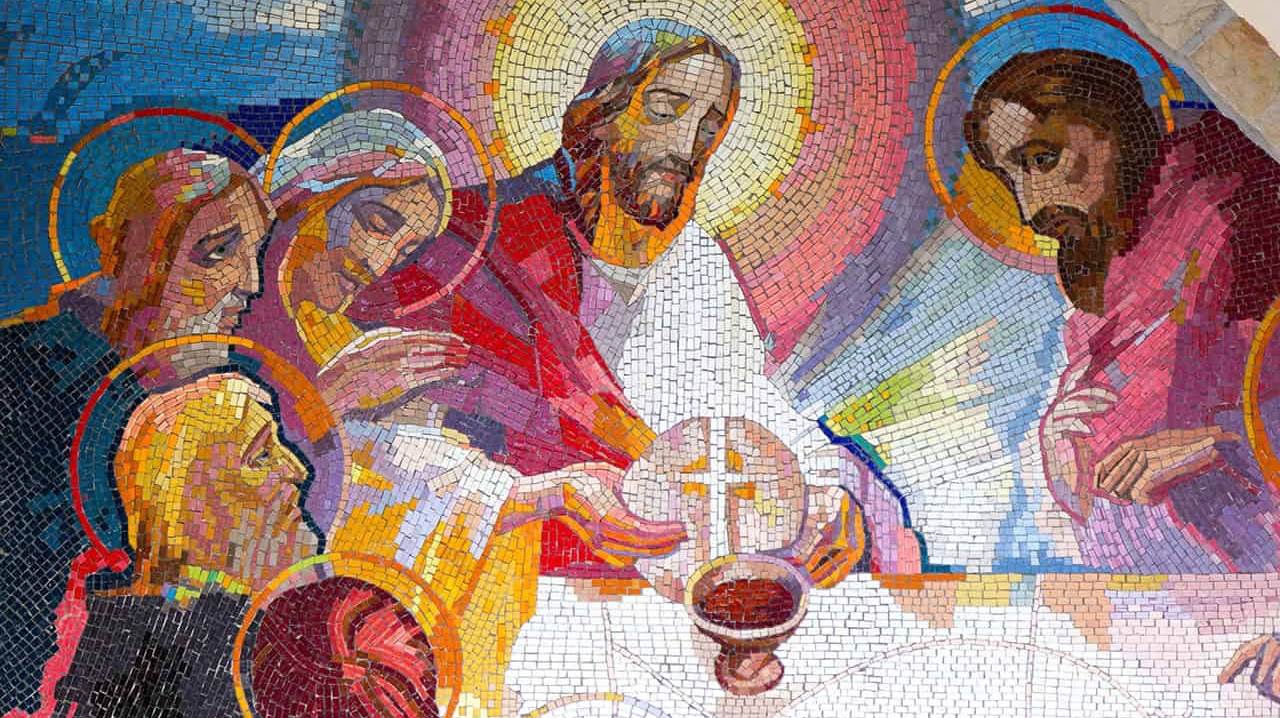“We, the Christian community, assemble to celebrate the memory of the martyrs with ritual solemnity because we want to be inspired to follow their example, share in their merits, and be helped by their prayers. Yet we erect no altars to any of the martyrs, even in the martyr’s burial chapels themselves. No bishop, when celebrating at an altar where these holy bodies rest, has ever said, “Peter, we make this offering to you,” or “Paul, to you,” or “Cyprian, to you.” No, what is offered is offered always to God, who crowned the martyrs. We offer in the chapels where the bodies of those he crowned rest, so the memories that cling to those places will stir our emotions and encourage us to greater love both for the martyrs whom we can imitate and for God whose grace enables us to do so. So we venerate the martyrs with the same veneration of love and fellowship that we give to the holy men of God still with us. We sense that the hearts of these latter are just as ready to suffer death for the sake of the Gospel, and yet we feel more devotion toward those who have already emerged victorious from the struggle. We honor those who are fighting on the battlefield of this life here below, but we honor more confidently those who have already achieved the victor’s crown and live in heaven. But the veneration strictly called “worship,” or latria, that is, the special homage belonging only to the divinity, is something we give and teach others to give to God alone. The offering of a sacrifice belongs to worship in this sense (that is why those who sacrifice to idols are called idol-worshipers), and we neither make nor tell others to make any such offering to any martyr, any holy soul, or any angel. If anyone among us falls into this error, he is corrected with words of sound doctrine and must then either mend his ways or be shunned. The saints themselves forbid anyone to offer them the worship they know is reserved for God, as is clear from the case of Paul and Barnabas. When the Lycaonians were so amazed by their miracles they wanted to sacrifice to them as gods, the apostles tore their garments, declared that they were not gods, urged the people to believe them, and forbade them to worship them.”
[From a treatise by St. Augustine]You may also like
Alicja Lenczewska: Sinner and Mystic
Of three remarkable women, all Polish and devout Catholics, the most renowned mystic among them is undoubtedly Saint Faustina Kowalska, whose diary is deemed a gem of mystical literature. Less known is Wanda...
St Augustine: The Great Wanderer of God
On Wednesday, August 28, 2024, when we celebrated the great feast of this eminent Father and Doctor of the Church, St Augustine of Hippo, one thing came straight into my heart and mind: Augustine was really a great...
Bonaventure and Aquinas: tenures denied!
To be honest, as I read about the university power spat that resulted in the denial of tenure (or something very much like it) to no less a pair than Saints Bonaventure and Aquinas at the effectively...
Saints Peter and Paul: They Couldn’t Even Tweet
If only St. Peter was on Facebook! He would have had a whole bunch of friends. People from all over the world could have seen pictures of him entering Rome, standing in the forum, waving from a seat in the Colosseum...
Christmas with the Saints
In his apostolic exhortation on the call to holiness in today’s world, Gaudete et Exsultate, Pope Francis says: The saints now in God’s presence preserve their bonds of love and communion with us (no.4). As Christmas is...
Latest Essays
 Vatican Headlines
Vatican Headlines
- ‘Welcome!’ Pope Leo arrives in Castel Gandolfo July 6, 2025
- Israel to send delegation to Qatar for Gaza ceasefire talks July 6, 2025
- Concerns mount over the use of chemical weapons in Ukraine July 6, 2025
- Colombia: Suspect held in attack on presidential candidate July 6, 2025
- Pope Leo: We are praying for victims of Texas floods July 6, 2025





























